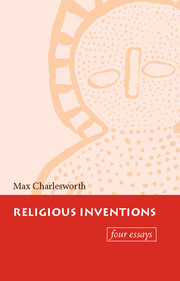1 - The diversity of revelations
Published online by Cambridge University Press: 04 August 2010
Summary
THE SCANDAL OF RELIGIOUS DIVERSITY
It is a brute fact that there are many diverse religious systems and that all of them, in one way or another, claim to be true, in some sense of that difficult word, as a body of teachings and as a way of life and as a ‘revelation’ or manifestation of the ‘divine’ or whatever term we use for the ‘object’ of religion. The problem is: how can all these religious systems and their ‘revelations’ be true since their truth claims very often appear to be incompatible with each other? Of course, if a religion made no truth claims at all but simply justified itself in a pragmatic way (i.e. whether or not it is true, it ‘works’ in that it provides a useful framework of meaning for life), the problem would not immediately arise. But the world religions – Judaism, Christianity, Islam, Hinduism, Buddhism, Taoism etc. – do make truth claims and do not justify themselves solely pragmatically, though pragmatic concerns do play a significant part in a believer's acceptance of a religious tradition in that the believer to some extent judges the value of a particular tradition in terms of the richness of spiritual life and experience that it opens up and the possibilities that it discloses.
- Type
- Chapter
- Information
- Religious InventionsFour Essays, pp. 23 - 50Publisher: Cambridge University PressPrint publication year: 1997
- 1
- Cited by

